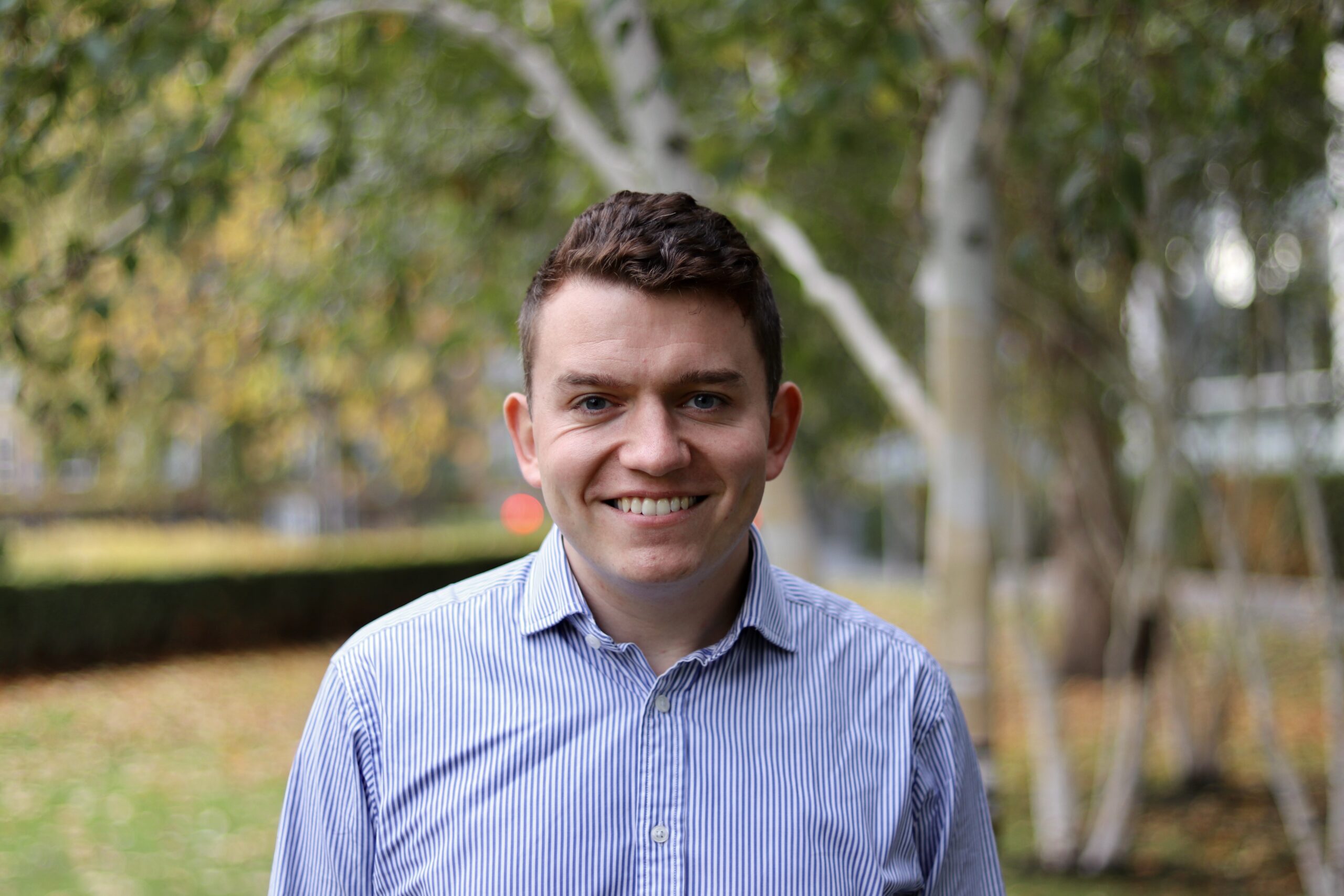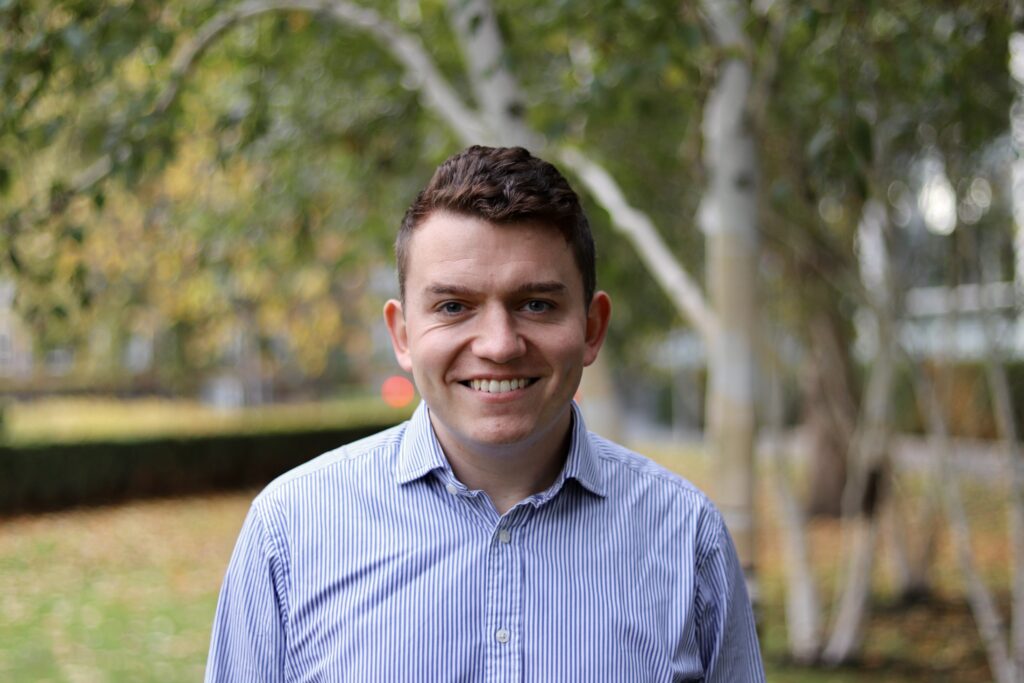
Get chatting to someone who you know will want to listen
When I was asked to write this piece, I felt immediately overwhelmed. Compacting just a handful of the things I have experienced as child of an alcoholic into 1000 words is nigh on impossible, and that’s before even thinking about the lessons I have learnt or the advice I would give others.
It took me a few hours to realise that the intimidation I felt as a result of the task ahead of me was a reflection of something that everyone who has an addicted parent knows in their heart of hearts: the problems that come about as a result of being a COA are all-encompassing. Of course I didn’t know where to start; having an addicted parent has impacted on every facet of my life, from my marriage and friendships to my career and ambitions for the future.

Perhaps the most striking and important yet insidious things about being a COA is its ubiquitous nature, and I would urge anyone in a similar position to me to try not to live in denial about this, seek to downplay it or let it lead to self-criticism. The harsh reality is that being a COA has ramifications that none of us can properly realise or predict. The question is how individual COAs can learn how best cope with the effects of addiction.
Trying to select just a couple of examples of how being a COA has impacted on me personally is certainly a challenge. Unfortunately, there’s a lot of choice. Some of these examples would be parochial, personal and – probably – not particularly interesting. But others are more general and – I would wager – almost universally experienced by COAs.
It is an understatement to say that having an alcoholic parent places an enormous emotional strain on your shoulders. Much of the time a COA’s worry, anger or distress will manifest itself as a direct result of something their parent has said or done. But I have come to realise that often this same emotional strain hangs over most facets of life and will express itself in ways which are seemingly entirely disconnected from their parent. For example, I have noticed a direct correlation between the health and wellbeing of my parent and things like my experience at work, sleep quality, general motivation and even desire to have a drink myself. This is no coincidence, and my mental health is better for having identified it.
Alongside impacting on day-to-day wellbeing in a number of different ways, dealing with an addicted parent can bring out feelings or emotions that you never knew you had. I have never felt any real degree of animosity towards my parent – and in many ways I still don’t – and I would never describe myself as an overly emotional person, certainly not a crier! But after a particularly harrowing incident, an intense dose of the immense insecurity and precariousness which had characterised parts of my childhood hit me like a train. In a moment I was transported back to being eight years old, weeping as I felt undiluted emotions which I hadn’t felt in years. I could write a book on this experience and what it showed, but fundamentally it demonstrates how the tentacles of alcoholism can reach not just into the present, but also rake up the past.
Alcoholism is an innately manipulative beast. It manipulates not only the addict but their children too. I’m a rational person and a good judge of character. I think I’m pretty good at detecting when someone is lying to me – apart from, of course, when it is my addicted parent. A father/mother son/daughter relationship is unique in its inbuilt and unshakeable power dynamic; irrespective of my parents’ behaviour, I will always look up to them and certainly give them the benefit of the doubt. When my addict parent tells me lies – as addicts all too often do – there’s always a part of me which inexplicably believes them. Again, it is striking how the ubiquitous nature of this disease can have such a sway over someone’s most basic judgement and distort reality so dramatically.
So how can COA’s prevent their situation becoming the all-encompassing beast that I’ve outlined above? There really are no easy answers, and of course every individual is different, but NACOA’s six Cs are a really good place to start. In particular, here’s what has really helped me to improve my own wellbeing.
Firstly, realising I couldn’t control or cure my parent’s addiction – and all the complications that it brings – has taken a real weight off my shoulders. 18 months ago I was trying to micromanage my parents’ drinking and desperately attempting to fix the carnage that their addiction had caused. It didn’t work and it was never going to work. This wasn’t because I wasn’t committed, compassionate or competent enough, it was because my parent’s addiction is so incredibly strong that any intervention would be doomed to failure. I wouldn’t even begin to think about trying to control or cure their addiction now, and that is something I say without an ounce of shame or embarrassment – quite the opposite.
Secondly, communication. I have only realised all of the above by being open to discuss my situation with the person in my life that I’m closest too. I talk about it for probably hours every month. This may sound like the issue is dominating my life more than ever, but actually the opposite is true. Getting things off my chest not only serves as an outlet for that pent up anger and frustration, it also helps me to develop a greater understanding of how addiction is not only impacting on my parent, but also on me. Without these conversations, I would have found it so much harder to understand how I can best deal with the situation I find myself in. So I’d say to any COA: block out a few hours, put the kettle on, crack open the biscuits and get chatting to someone who you know will want to listen.
Ultimately, the effects of having an addicted parent are broad and all encompassing. This means that each COA needs to establish an equally broad and tailored response so that every one of us can lead the happy and fulfilled lives that we deserve.

























































































